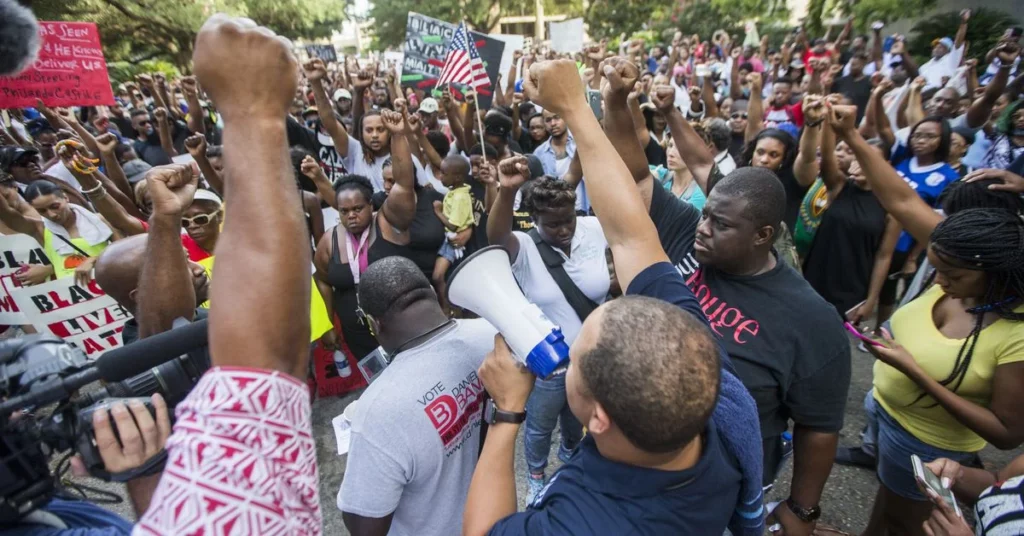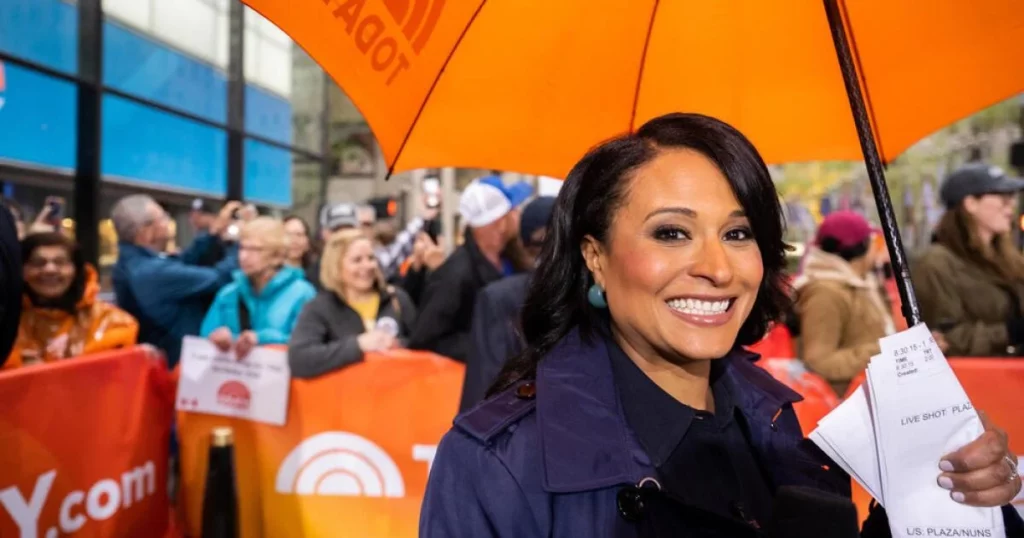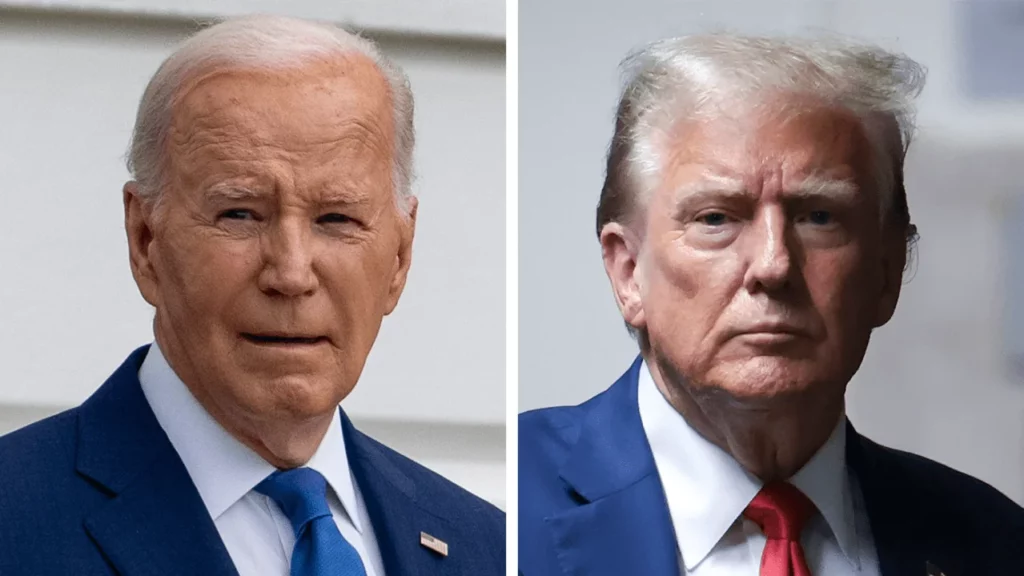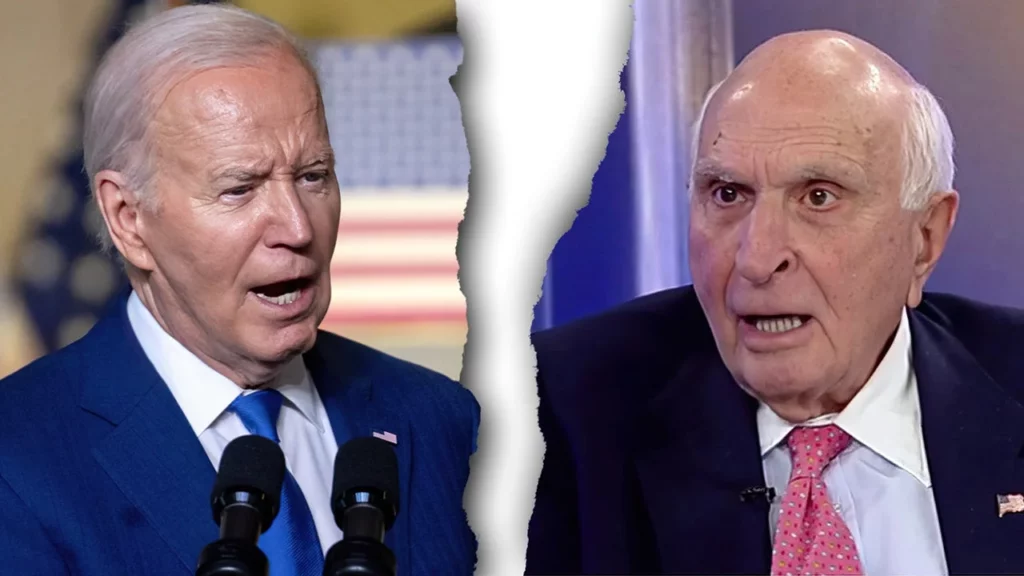High Stakes for Protest Organizers After Supreme Court Decision
The Supreme Court’s refusal to hear DeRay Mckesson’s appeal has sparked widespread concern among activists and legal experts. Mckesson, a prominent Black Lives Matter activist, faces a lawsuit over injuries sustained by an officer during a 2016 protest in Baton Rouge which he organized but did not directly instigate the violence.
Legal Labyrinth: The Case’s Complex Journey
Initially absolved by a federal judge in 2017, Mckesson’s legal battles intensified after the 5th U.S. Circuit Court of Appeals overturned this decision. The case, which challenges the extent of responsibility a protest organizer should bear for attendees’ actions, now sets a troubling precedent in Louisiana, Mississippi, and Texas.
A Dangerous Precedent?
With the case upheld by lower courts, the decision questions the robustness of First Amendment protections. Justice Sonia Sotomayor hinted that recent rulings could offer some hope for Mckesson’s cause, but the overall landscape remains fraught with legal peril for those orchestrating mass protests.
Could this ruling discourage public demonstrations and alter the dynamics of protest in America? How will activists navigate these murky legal waters without compromising their right to assemble and voice dissent?






